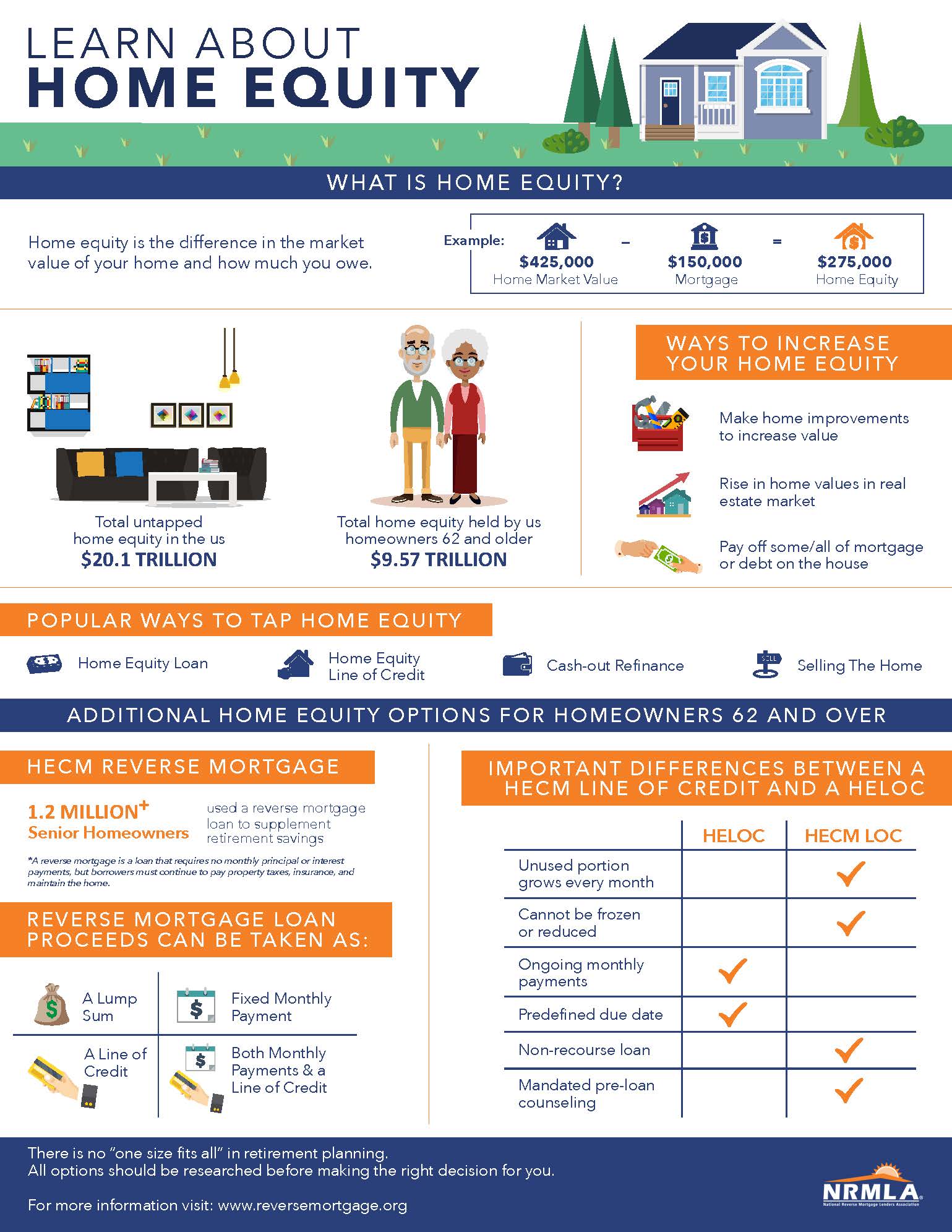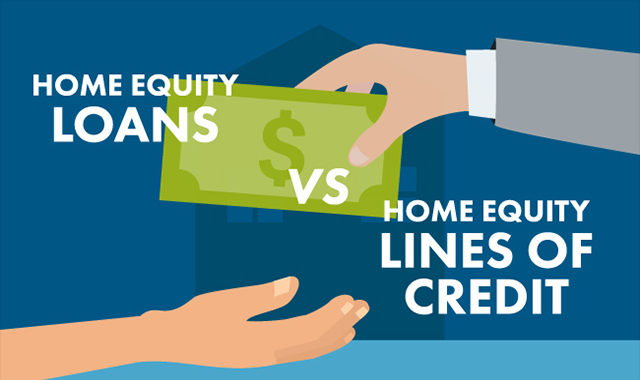Everything You Need to Know About Equity Release Mortgages
Everything You Need to Know About Equity Release Mortgages
Blog Article
Exploring the Various Kinds Of Equity Release Mortgages Available Today
Equity Release mortgages existing numerous choices for house owners aged 55 and over. equity release mortgages. These monetary products accommodate different demands and choices, allowing people to access funds from their property. From lifetime mortgages to shared appreciation home mortgages, each kind uses distinctive advantages. Understanding these alternatives is vital for making informed choices. What variables should one take into consideration when choosing one of the most suitable equity Release plan? The details that comply with might drop light on this crucial subject
Recognizing Equity Release Mortgages
Equity Release mortgages offer house owners, normally those aged 55 and over, with a method to access the value bound in their residential or commercial property without requiring to offer it. This economic option allows individuals to transform a section of their home equity right into cash money, which can be utilized for various functions, such as home renovations, settling financial obligations, or funding retirement.Equity Release can take different forms, yet it basically involves borrowing against the value of the home while maintaining possession. Homeowners can choose to receive a swelling sum or a series of smaller sized repayments, depending upon their monetary needs and preferences.Additionally, the quantity offered for Release is affected by the residential or commercial property's worth, the house owner's age, and particular loan provider requirements. Overall, understanding equity Release mortgages is necessary for home owners to make educated decisions regarding tapping right into their home's equity while taking into consideration the lasting effects.
Life time Mortgages
Lifetime mortgages stand for one of one of the most preferred forms of equity Release. This financial item allows home owners, typically aged 55 or older, to borrow against the worth of their home while keeping possession. The loan, which is protected versus the home, accrues interest in time but does not call for month-to-month repayments. Rather, the financing and accrued rate of interest are paid back when the homeowner passes away or relocates right into long-lasting care.Lifetime mortgages provide versatility, as borrowers can pick to get a swelling amount or choose for a drawdown facility, accessing funds as required. Significantly, numerous plans come with a no-negative-equity assurance, ensuring that consumers will certainly never owe greater than the worth of their home. This function offers comfort, allowing people to enjoy their retirement without the worry of depleting their estate. Overall, life time mortgages work as a viable alternative for those looking for financial backing in later life.
Home Reversion Plans

Drawdown Life Time Mortgages
While lots of home owners seek means to access their wide range, drawdown life time home loans provide an adaptable option that permits individuals to Release funds slowly. This kind of equity Release mortgage makes it possible for home owners to borrow versus the worth of their property while keeping ownership. Unlike conventional lifetime home mortgages, drawdown strategies allow customers to access a section of their equity upfront and take out additional funds as required, as much as an established limit.This function can be particularly beneficial for those that desire to handle their finances very carefully, as it reduces passion accumulation by just charging interest on the quantities drawn. Additionally, drawdown life time home mortgages typically feature a "no negative equity assurance," making sure that debtors will certainly never ever owe greater than their home's worth. This alternative fits retirees that desire financial security and versatility, permitting them to fulfill unexpected expenses or maintain their way of living without having to market their residential or commercial property.
Improved Lifetime Mortgages
Boosted Life time Home loans use unique advantages for eligible homeowners seeking to Release equity from their residential or commercial properties. Comprehending the eligibility criteria is important, as it identifies who can take advantage of these specialized finances. It is additionally important to review the prospective drawbacks connected with improved alternatives, guaranteeing an all-round viewpoint on their use.
Eligibility Criteria Discussed
Understanding the qualification requirements for Improved Lifetime Mortgages is vital for possible applicants looking for to access the equity in their homes. Usually, applicants have to be aged 55 or older, as this age demand is standard in the equity Release market. Home owners ought to have a building valued at a minimal limit, which can differ by lender. Notably, the residential or commercial property must be their main home and in good problem. Lenders frequently evaluate the house owner's health standing, as specific health conditions may boost eligibility and benefits. Furthermore, applicants ought to not have existing significant debts secured against the home. Satisfying these standards enables people to discover Improved Lifetime Home mortgages as a feasible alternative for accessing funds locked up in their homes.
Benefits of Boosted Home Loans
After clearing up the qualification standards, it becomes evident that Boosted Lifetime Home loans provide numerous considerable advantages for house owners aiming to utilize their residential or commercial property equity. Mainly, they provide access to a larger finance amount compared to conventional life time home mortgages, benefiting those with health conditions or age-related elements that raise their life expectancy threat. This improved borrowing capacity permits house owners to meet various economic needs, such as home enhancements or retirement expenses. Additionally, these home loans generally feature adaptable repayment alternatives, making it possible for consumers to handle their funds better. The no-negative-equity warranty even more ensures that property owners will certainly never owe even more than their home's value, giving tranquility of mind. Generally, Improved Life time Mortgages offer an engaging option for qualified home owners seeking economic remedies.
Possible Drawbacks Thought About
While Boosted Lifetime Home mortgages supply numerous benefits, possible disadvantages warrant cautious consideration. One substantial concern is the effect on inheritance; the equity released decreases the worth of the estate delegated beneficiaries. In addition, these home loans can accrue significant rate of interest in time, leading to a considerable financial obligation that might go beyond the original financing amount. There might additionally be restrictions on residential or commercial property modifications or rental, restricting homeowners' flexibility. In addition, enhanced products typically need specific health conditions, suggesting not all home owners will qualify. Managing the costs and costs connected with these home loans can be intricate, possibly leading to unanticipated expenses. Because of this, people need to completely examine their situation and get in touch with monetary experts before continuing.
Shared Recognition Home Loans
Shared Gratitude Home loans represent a distinct economic plan that enables property owners to gain access to equity while sharing future building value enhances with the loan provider. This strategy supplies potential advantages such as reduced monthly settlements, but it likewise comes with drawbacks that should be meticulously taken into consideration. Comprehending the qualification needs is crucial for those curious about this alternative.
Principle Overview
Equity Release home mortgages, specifically in the kind of shared recognition home loans, provide home owners a special monetary service that enables them Website to gain access to funds by leveraging the worth of their residential or commercial property. In this setup, a loan provider gives a loan to the homeowner, which is generally paid off with a share of the home's future recognition in worth. This suggests that when the homeowner offers the residential or commercial property or dies, the loan provider receives a percentage of the enhanced value, instead of simply the initial funding quantity. Shared admiration mortgages can be appealing for those aiming to supplement their income or finance substantial expenditures while preserving ownership of their home. Nonetheless, the financial effects of common appreciation need to be carefully thought about by prospective customers.
Advantages and Drawbacks
Shared recognition home mortgages can supply significant economic benefits, they also come with noteworthy downsides that prospective debtors must consider. These home mortgages allow home owners to accessibility equity in their properties while sharing a portion of any type of future gratitude with the lender. This plan can be helpful during times of rising property values, providing significant funds without regular monthly repayments. However, the main drawback is the possible loss of equity; property owners may end up with considerably minimized inheritance for beneficiaries. Additionally, the intricacy of the terms can bring about misunderstandings pertaining to repayment commitments and the portion of appreciation owed. It is vital for customers to weigh these variables carefully before devoting to a shared appreciation home mortgage.

Qualification Demands
What requirements must home owners meet to certify for a shared gratitude home loan? Mostly, prospects should be at least 55 years old, guaranteeing they are within the target group for equity Release items. Additionally, the residential property needs to be their primary house and normally valued above a specified minimum limit, commonly around ? 100,000. Lenders also analyze the property owner's financial situations, consisting of income and arrearages, to establish they can manage the home loan properly. Importantly, the home must be in good problem and devoid of substantial lawful encumbrances. Home owners should likewise have a clear understanding of the terms, consisting of just how appreciation will certainly be shown to the loan provider upon sale or transfer of the home, as this impacts total returns.
Selecting the Right Equity Release Option

Often Asked Inquiries
What Age Do I Need to Be for Equity Release?
The age requirement for equity Release typically starts official statement at 55 for most plans. Nevertheless, some providers might supply choices for those aged 60 and above, reflecting varying terms based upon private conditions and lending institution plans.
Will Equity Release Influence My Inheritance?
Equity Release can influence inheritance, as the amount obtained plus passion decreases the estate's worth. Beneficiaries may obtain less than anticipated, relying on the residential property's admiration and the total financial obligation at the time of passing.
Can I Move Home With Equity Release?
The question of moving house with equity Release develops regularly. Usually, individuals can move their equity Release strategy to a brand-new home, however details terms might apply, requiring appointment with the lender for support.
Exist Charges Connected With Equity Release Mortgages?
Fees linked with equity Release home loans can include arrangement costs, evaluation fees, and lawful costs. Furthermore, there may be very early payment fees, which can impact the overall cost and financial implications for the borrower.
Exactly How Does Equity Release Influence My Tax Obligation Scenario?
Equity Release can impact one's tax situation by potentially enhancing taxable earnings, as released funds are considered resources. Nevertheless, it generally does not sustain prompt tax obligation obligations, making it necessary to get in touch with a financial expert for tailored guidance.
Conclusion
In recap, the range of equity Release mortgages offered today uses property owners aged 55 and over multiple paths to access their residential property's value - equity release mortgages. Whether choosing a life time home loan, home reversion plan, or various other choices, each choice offers distinctive advantages tailored to private monetary needs. Careful consideration and consultation with an economic consultant are important to ensure the selected equity Release solution lines up with economic situations and personal objectives, inevitably assisting in informed decision-making for a secure financial future. Equity Release home loans existing various choices for house owners aged 55 and over. Equity Release home mortgages provide property owners, generally those aged 55 and over, with Find Out More a way to access the worth linked up in their residential property without needing to market it. Improved Lifetime Mortgages provide distinct advantages for qualified home owners looking for to Release equity from their residential or commercial properties. Equity Release home mortgages, particularly in the kind of shared recognition home mortgages, use house owners a special economic option that enables them to gain access to funds by leveraging the worth of their property. In summary, the range of equity Release home mortgages available today supplies property owners aged 55 and over several pathways to access their property's value
Report this page